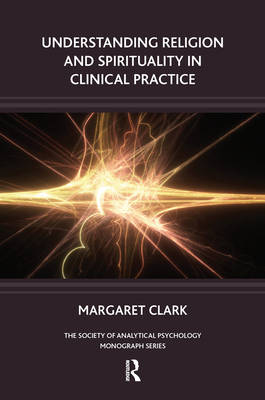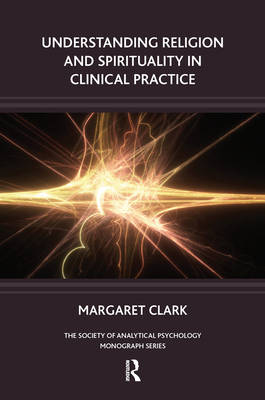
Door een staking bij bpost kan je online bestelling op dit moment iets langer onderweg zijn dan voorzien. Dringend iets nodig? Onze winkels ontvangen jou met open armen!
- Afhalen na 1 uur in een winkel met voorraad
- Gratis thuislevering in België vanaf € 30
- Ruim aanbod met 7 miljoen producten
Door een staking bij bpost kan je online bestelling op dit moment iets langer onderweg zijn dan voorzien. Dringend iets nodig? Onze winkels ontvangen jou met open armen!
- Afhalen na 1 uur in een winkel met voorraad
- Gratis thuislevering in België vanaf € 30
- Ruim aanbod met 7 miljoen producten
Zoeken
Omschrijving
Understanding Religion and Spirituality in Clinical Practice is a volume in the clinical practice monograph series from the Society of Analytical Psychology. This series is intended primarily for trainees on psychotherapy and psychodynamic counselling courses, and for those who are newly qualified. Here, the author considers the difficulties clinicians may encounter when patients talk about God or about their spiritual life, and how necessary it is for therapists to examine their own image of God and their own understanding of spirituality, so that they can distinguish these from those of their patients. She emphasizes how varied are people's images and understanding of what "God" stands for, and how in healthy development these will change over time. The book demonstrates, through numerous clinical vignettes, how clinicians can understand a patient's talking about religion or about God - hearing the voice of God, having a vision of God, or being convinced that God wants them to act in a particular way; or, equally, seeing the Devil.
Specificaties
Betrokkenen
- Auteur(s):
- Uitgeverij:
Inhoud
- Aantal bladzijden:
- 118
- Taal:
- Engels
- Reeks:
Eigenschappen
- Productcode (EAN):
- 9780367107130
- Verschijningsdatum:
- 5/07/2019
- Uitvoering:
- Hardcover
- Formaat:
- Genaaid
- Afmetingen:
- 155 mm x 231 mm
- Gewicht:
- 340 g

Alleen bij Standaard Boekhandel
+ 364 punten op je klantenkaart van Standaard Boekhandel
Beoordelingen
We publiceren alleen reviews die voldoen aan de voorwaarden voor reviews. Bekijk onze voorwaarden voor reviews.











